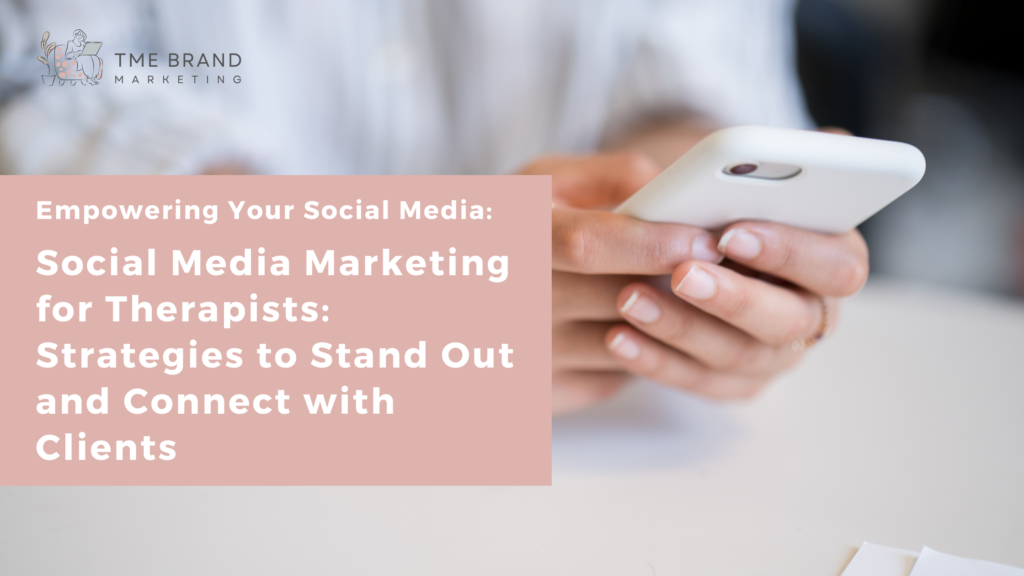
Social media can feel overwhelming for therapists. You’re balancing client care, confidentiality, and maintaining a professional image—while still trying to show up online in a way that’s authentic and engaging. But don’t worry, we’ve got your back! In this guide, we’re diving into social media marketing for therapists and how you can use it to not only connect with your current clients but attract new ones.
1. Pick Your Platforms Wisely
We’ve seen it too many times—therapists feeling pressured to be on every social platform out there. Trust us, you don’t need to be everywhere! Focus on where your clients spend their time. For most therapists, Instagram, Facebook, and LinkedIn are the sweet spots. Each platform has its own vibe:
- Instagram for quick tips and behind-the-scenes looks.
- Facebook for longer posts and sharing articles.
- LinkedIn to showcase thought leadership and professional insights.
Choose one or two platforms to start and master those before you expand. This way, you’ll avoid burnout and be more intentional with your efforts.
2. Consistency is Key
We can’t stress this enough—consistency is everything when it comes to social media marketing. We get it; you’re busy with clients, paperwork, and the usual hustle of running a practice. But setting up a content calendar can help. Whether you post two or three times a week, staying regular ensures your audience knows when to expect content from you. And the more they see your posts, the more they’ll remember you when they need help.
3. Be You—Authentically
One of the greatest strengths therapists have is their ability to connect with people. Your online presence should reflect that same sense of connection. Whether it’s sharing a personal story, offering a behind-the-scenes look at your office, or posting a short video of yourself talking about a mental health topic, let your personality shine. Authenticity builds trust, and trust is what gets people reaching out for appointments.
4. Educate and Empower
Social media is your chance to educate and empower your followers. Sharing bite-sized mental health tips, how-to guides, or answering frequently asked questions is a great way to showcase your expertise. Not only will this build your reputation as an authority, but it also helps clients feel more comfortable and supported before they even step into your office.
Try posting weekly tips like “How to cope with anxiety at work” or “3 mindfulness techniques for stress relief.” Your audience will thank you for giving them something they can apply to their daily lives!
5. Speak to Your Clients’ Needs
Rather than using clinical terms or talking about different therapy modalities, focus on the benefits your clients will experience. Frame your content around what they’re feeling and the results they’re looking for. For example, instead of saying “I use CBT techniques,” say “I help clients break the cycle of negative thinking and find healthier ways to cope.” This makes your posts relatable and client-focused, drawing people in with empathy and understanding.
6. Don’t Forget Instagram Stories and Reels
Instagram Stories and Reels are gold for social media marketing. They’re short, they’re fun, and they allow you to showcase a more personal side.
Use Stories to give a glimpse of your daily routine, share mental health tips, or ask your audience questions (those polls and questions stickers are great for engagement).
Reels are perfect for quick, digestible content that shows off your expertise while keeping things light and relatable. Plus, Instagram’s algorithm loves Reels, so this is your chance to reach new clients.
7. Ask Questions, Start Conversations
Engagement is a two-way street. Encourage your followers to interact with you by asking questions or running polls. You might ask, “What’s your favorite self-care practice?” or “How do you handle stress during a busy week?” The more conversations you start, the deeper the connection you’ll build with your audience. And remember, it’s okay to have fun with it—keep things conversational and approachable!
8. Promote Your Services—Without Being Pushy
While you want to offer value and build trust, don’t forget that social media is a great place to promote your services too. Share client testimonials (with permission, of course), highlight different therapy approaches you offer, or announce new service offerings. Just make sure to balance promotional posts with content that offers real value. A good rule of thumb is the 80/20 rule—80% helpful content, 20% promotional. And always include a clear call-to-action so your followers know exactly how to reach out.
9. Find Your Balance Between Professional and Personable
It’s important to strike the right balance between being professional and being relatable. You don’t need to constantly speak in clinical terms or list your credentials in every post. Your followers are looking for someone they can connect with, someone who feels approachable. So, share those moments that make you human—whether it’s enjoying your morning coffee or winding down with a book. This will make you more relatable and approachable to potential clients.
10. Measure and Refine
Lastly, track what’s working and what isn’t. Most platforms offer analytics tools that show you what kind of content gets the most engagement. Take note of which posts perform well, and use that data to refine your strategy. If you notice your audience engages more with videos or mental health tips, adjust your content accordingly. Remember, social media is about experimenting, learning, and growing—don’t be afraid to tweak your approach as you go.
Final Thoughts
Social media marketing doesn’t have to be complicated, but it does need to be intentional. By focusing on authenticity, consistency, and value, you can build a strong online presence that resonates with your audience and helps attract the right clients. And if you ever need guidance along the way, we at TME Brand Marketing are here to help you navigate the world of social media for therapists.
Remember: It’s not just about being present on social media—it’s about being truly connected.
Need help with your website?


